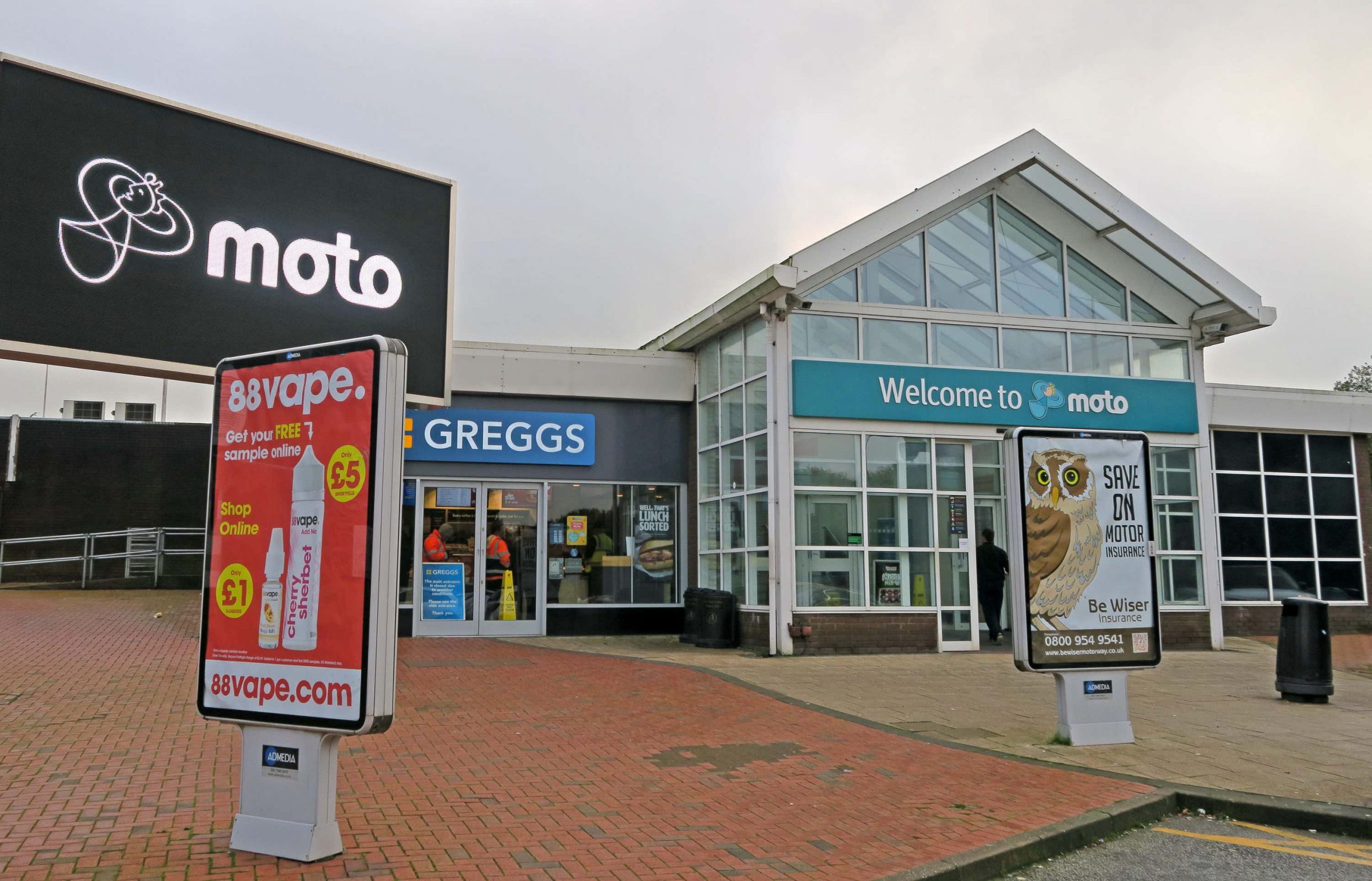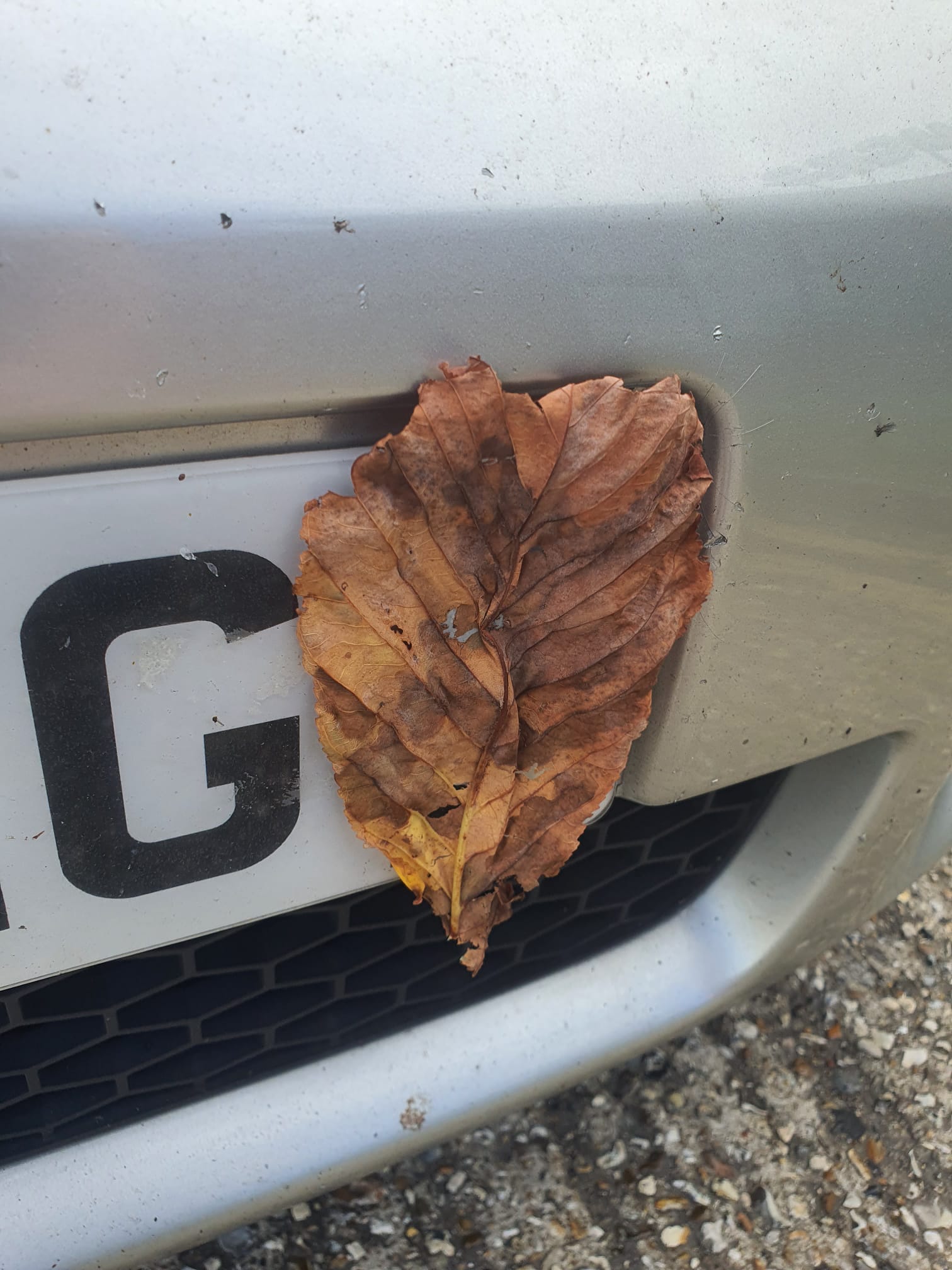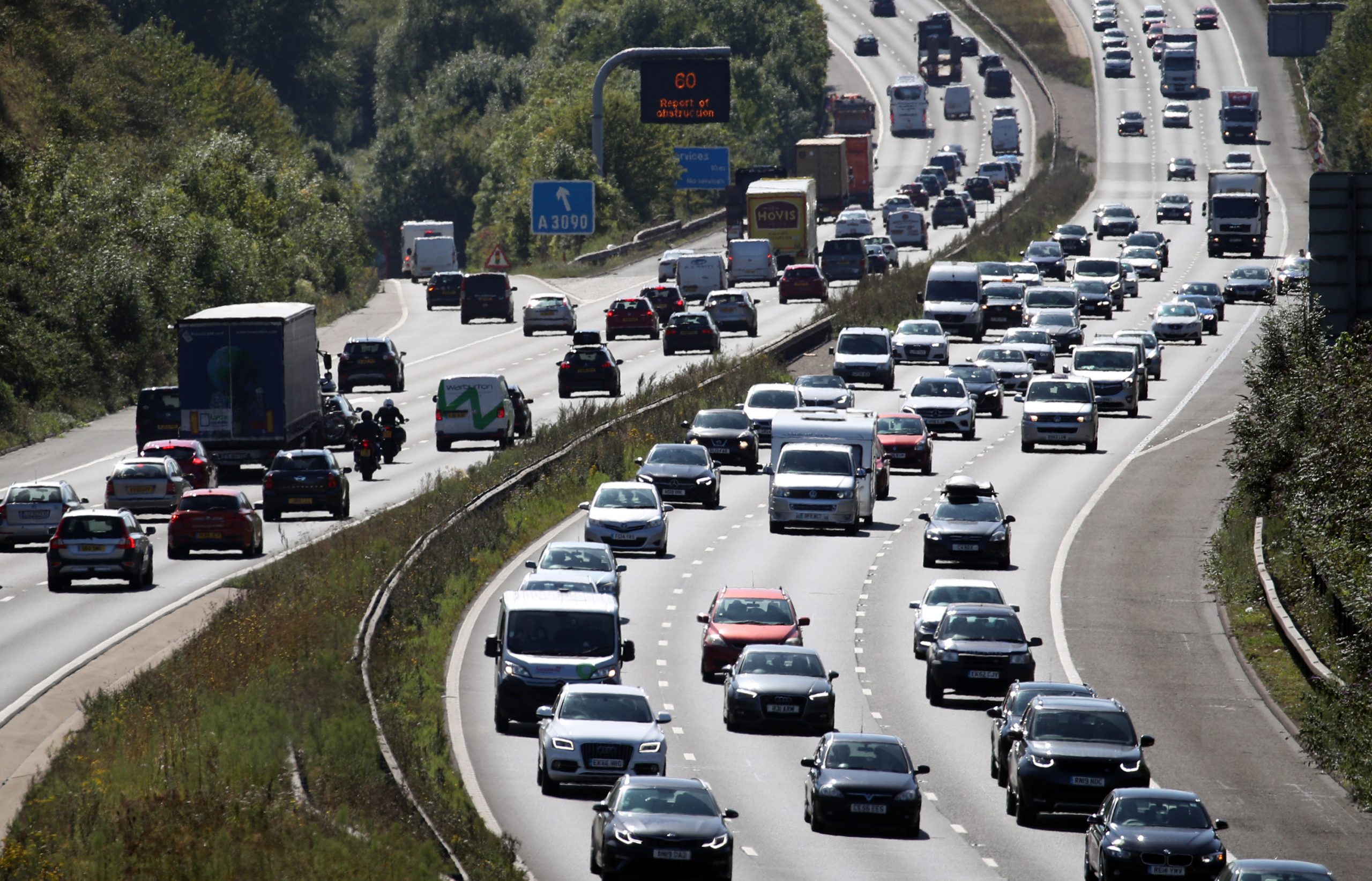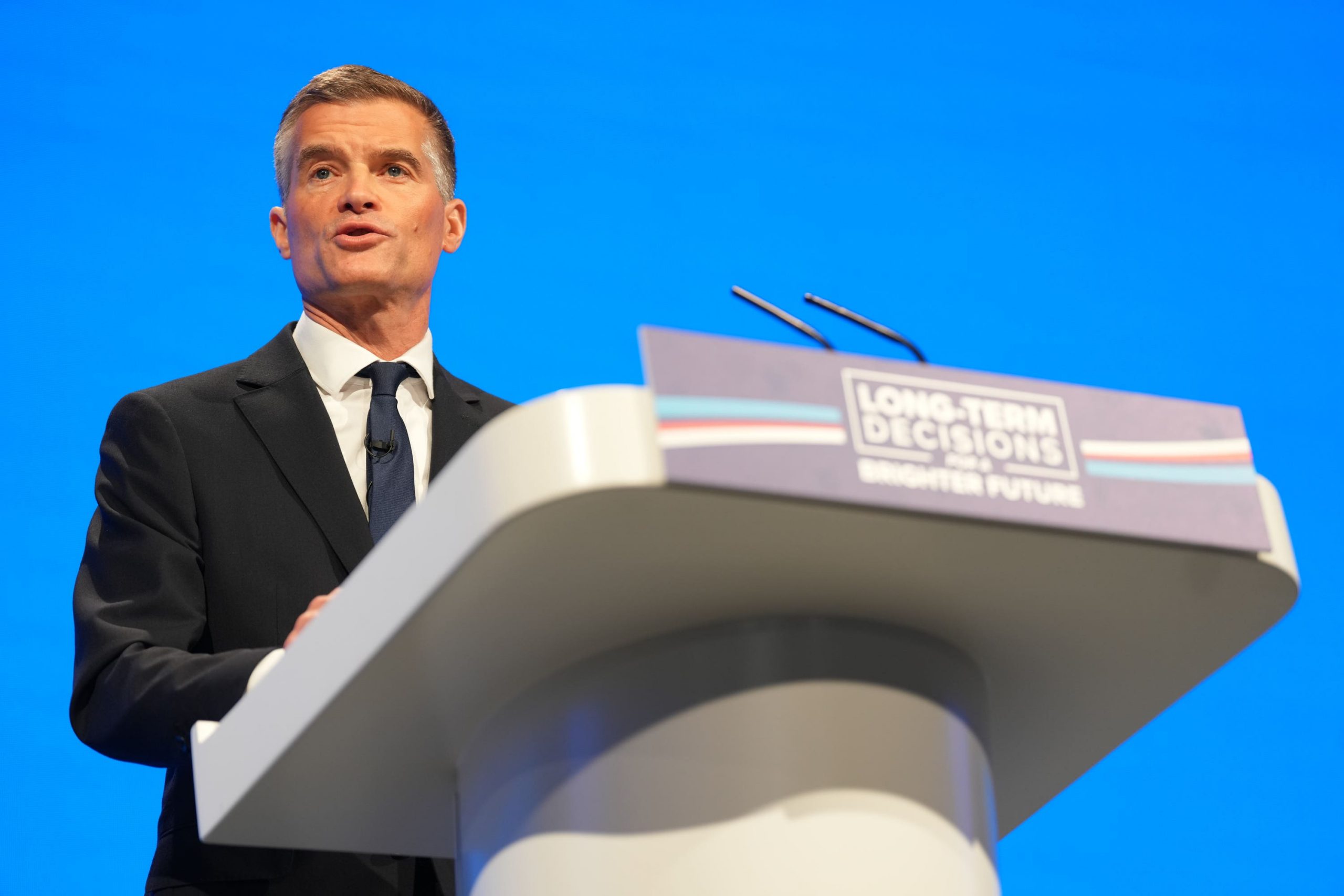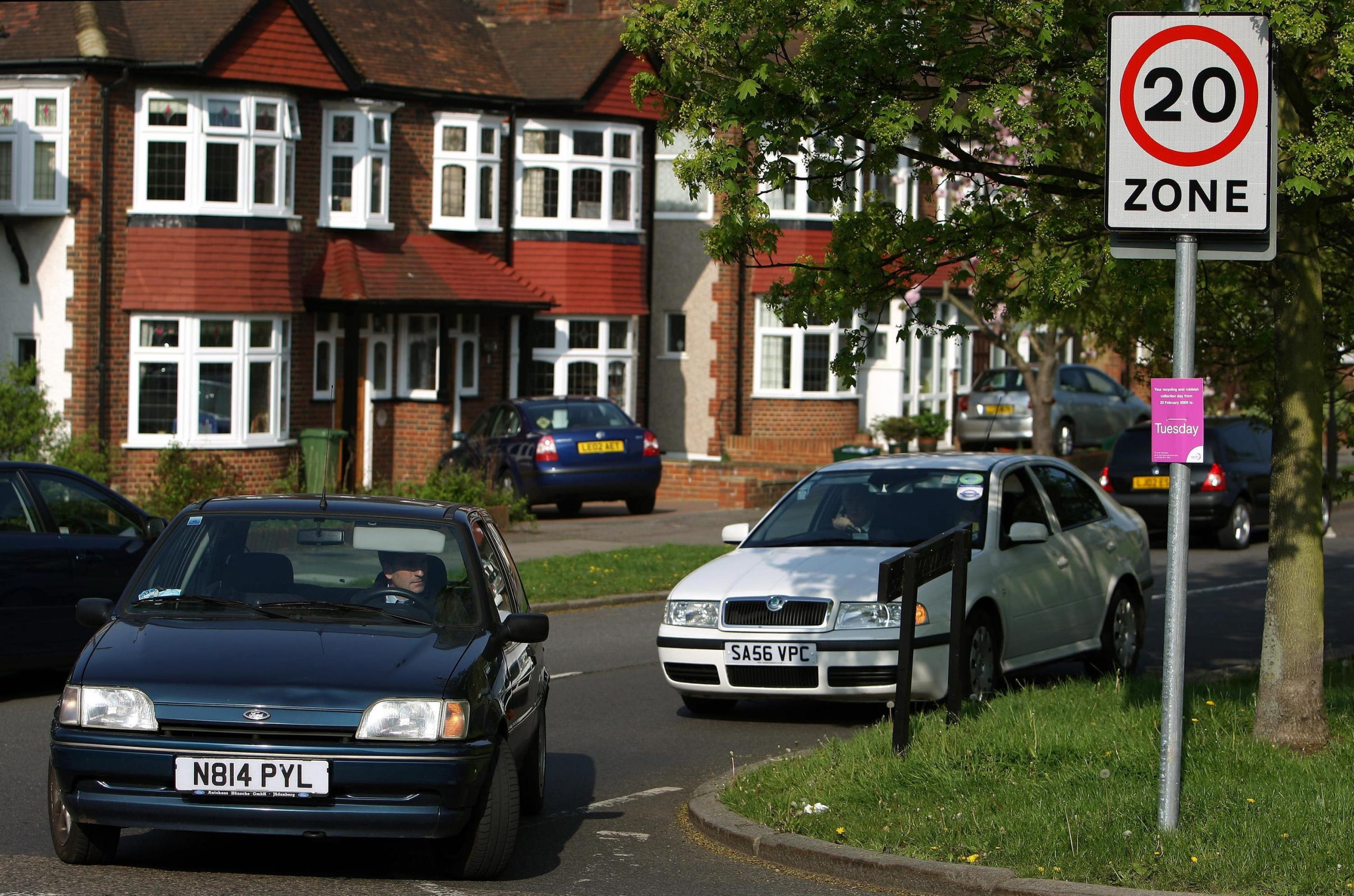A motorway services in West Yorkshire has been ranked the worst in Britain for the second year in a row.
Hartshead Moor East is the least popular motorway services out of 120 analysed, according to a survey of more than 30,000 visitors by watchdog Transport Focus.
The Welcome Break-owned site on the M62 near Huddersfield received an overall satisfaction rating of just 84%.
The services is on the busiest route across the Pennines from Lancashire to Yorkshire.
Transport Focus said in its report: “The MSA (motorway service area) has invested in new toilet facilities but, unfortunately, the works were still under way during the survey period and for some of the time had portable toilets in place.
“Despite the building works, the site’s overall satisfaction score has improved by four percentage points, which suggests that there is every reason to expect an improved position in next year’s survey.”
The survey took place between May 17 and July 11.
A spokeswoman for Welcome Break said: “We are disappointed to see Hartshead Moor at the bottom of the list but are incredibly proud of the improvements that Welcome Break has made since last year, with overall satisfaction for Welcome Break increasing by three percentage points to 94%, and toilet satisfaction increasing by six percentage points to 91%.
“During the time of the survey, Hartshead Moor was undergoing improvements and there were temporary toilet facilities in place, but we’re now very pleased to say that the site has opened brand new toilets on both sides of the M62, with two new baby changing units, two new accessible toilets and added HGV shower facilities.
“Therefore, we expect to see a considerable improvement in scores for Hartshead Moor in next year’s survey.”
The joint-second worst services were Bridgwater (on the M5 in Somerset), Hartshead Moor West, Lancaster South (on the M6 in Lancashire) and Toddington North and South (both on the M1 in Bedfordshire).
They each received a score of 88%.
The ranking was topped by Moto’s Rugby services on the M6 in Warwickshire for a second consecutive year.
It was the only location to score 100% after being rated highly for its food and drink, toilets and friendly staff.
The average satisfaction score given by all users of services was 94%, up from 93% last year.
This includes 63% who said they were very satisfied.
Value for money of refreshments available to eat in at the site was a key area of concern, with just 64% of respondents describing it as fairly or very good.
In contrast, some 92% of visitors were satisfied with the toilets.
Transport Focus chief executive Anthony Smith said: “Our survey shows motorway services offer a great experience with friendly and helpful staff and provide drivers with the opportunity to rest, relax and take a break before continuing their journey.
“But there is still room for improvement, including making sure the range of food and drink on offer is good value for money for visitors as cost of living increases continue to bite.”

